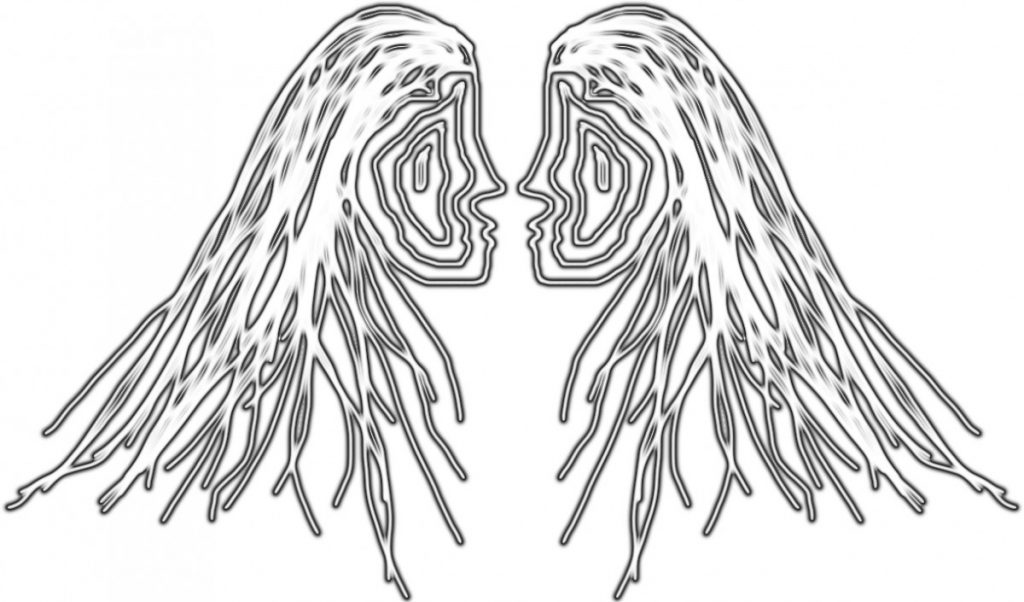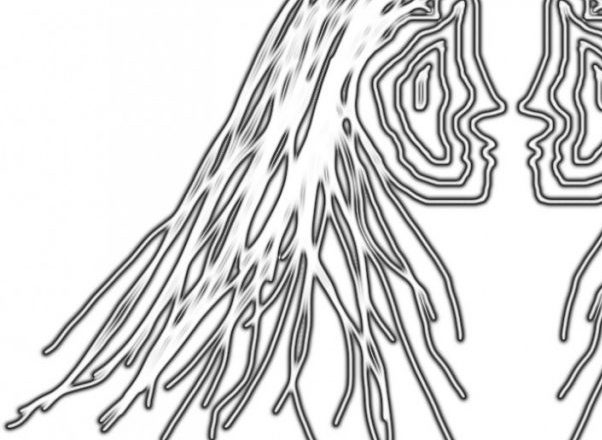This book knocked me off my feet in many ways, some of which are true. It is true that I read this book mostly sitting down. If I had been standing while I was reading it, I likely would have gotten tired, even though it wasn’t a long book. More figuratively, but more importantly, the material was so heavy that I would have perhaps collapsed under its weight.
When the Emperor was Divine was a tale of the resiliency of the human spirit. Sometimes. For some characters. Really, if the circumstances permit. The children seemed to move on. Their lives returned to some semblance of normalcy. The mother was able to pick up a make a new life for herself. The father never returned to work. He sat and stared out of the window. He wrote in a blue book about all the things his neighbors planned to do to him.
The book showed us an uncaring system which takes lives and crushes them for very little reason. The book put me very much in mind of the competing concepts of story, narrative and script. The script is an assembly of non-sequential moments from the lives of the characters, told from shifting viewpoints and in shifting styles. Yet from this disjointed script emerges a cohesive narrative which illuminates more of the characters who inhabit it than is usually done with traditional narration. And the story, the world the characters inhabit, really seems to move along outside of them. We are given just a snippet of the lives of these characters but enough that we can picture what happened before and what will happen next.
And what will happen next is really, really awful. The story is one of broken dreams, broken promises and broken people. It illustrates how decisions made in war can ruin more lives than the ones that it directly ends. It shows how fear and hatred seep out from events. How it pools.
There was no uplifting conclusion. This was not a story of victory or even a celebration of survival. The mother and children grew used to their lives in the camp. The last few years were not even touched on. It was simply something they lived through. There was no confrontation with an enemy, just an acceptance that this was their reality. Really, that’s part of the tragedy. They trusted the government, acting like the “Good American Citizens” they were, and, in turn, the government destroyed their home and their family. The story slowly rolled down further and further into despair, going from upward mobility to poverty and subsistence in a rotting shell. The children’s’ social lives never recovered and they never forgave themselves for the crime of being born who they were. The father left and a stranger returned who could not provide, not money, not happiness, not support, for his family.
After the script ends, the story continues and it can be nothing good.
But I’m glad I read the book. It was powerful and its composition unique. Even if this book is technically not creative non-fiction, it models an excellent way in which to craft a story which delivers a point. It anchored me in the learning material of the week and made me care more about the subject matter of the class. Great!


